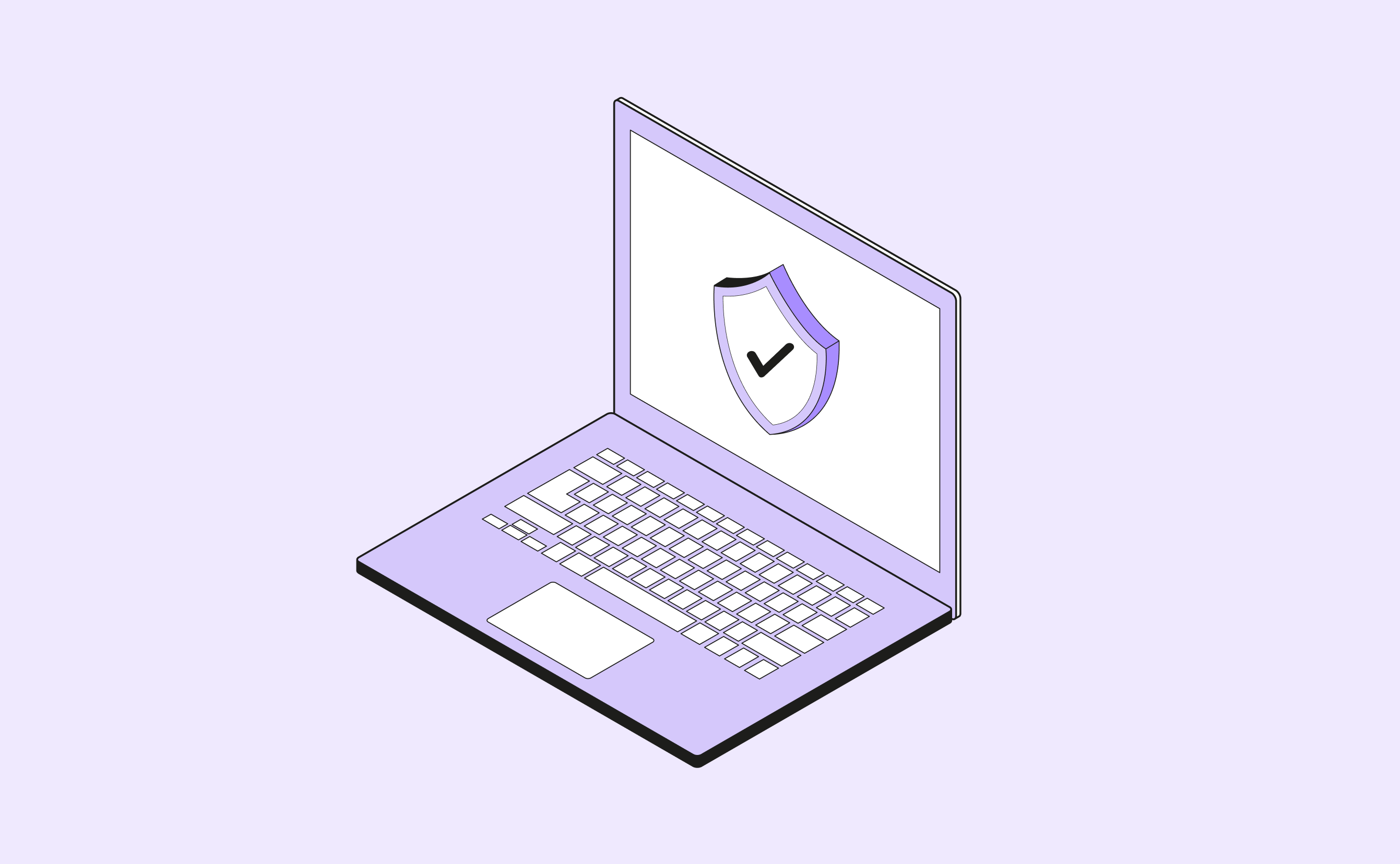Once you have more than 50 people on your team, it's essential to hire a dedicated cybersecurity expert. They'll be able to:
1. Model the risks more accurately
With their specialist knowledge of how different attackers operate, your cybersecurity manager can help you identify vulnerabilities and preventative measures. If the immediate threat is ransomware, should you start by making backups? Segmenting networks? Or by installing threat detection software, such as EDR (endpoint detection and response)? All of these measures are sound, but the order in which they are implemented is crucial - and your cybersecurity expert will know where to start. They can make the difference between a system-wide breach and containing an attack to just one single device.
2. Neutralize system-wide threats with new systems and procedures
You don't want an employee to jeopardize your business by mishandling sensitive data. To make sure this doesn’t happen, the cybersecurity manager will set up various procedures and approval systems (whether automatic or manual). For example, a sole developer shouldn’t be able to modify important code without the relevant permissions. An effective review or approval system will cater for this, while ensuring agility and flexibility are not impacted.
Beyond 150 people, it's unlikely that everyone in the company will know each other. It's therefore essential to use an identity and access management solution. These platforms grant access to company apps via a single and secure login, through which every employee must identify themselves. At Qonto, we use OneLogin. Another popular platform is Okta.
- More than 200–250 Employees
At this stage, a company should have enough safeguards in place to consider a serious investment in detection technology. These solutions allow you to track any actions taking place within a centralized system. For example, if someone modifies a crucial component of a system, it's important to know who made this change. By centralizing these incidents in a SIEM (security information and event management), you can instantly detect any unusual behavior.
As we've explored, it's impossible to ignore cybersecurity risks in 2025. Every company needs to get up to speed on the potential threats and develop a solid cybersecurity strategy. In fact, your future success depends on it. Now that you’re equipped with the know-how, we hope you feel inspired to take action.








